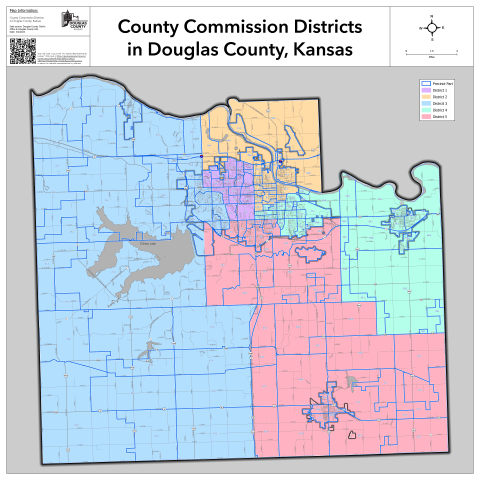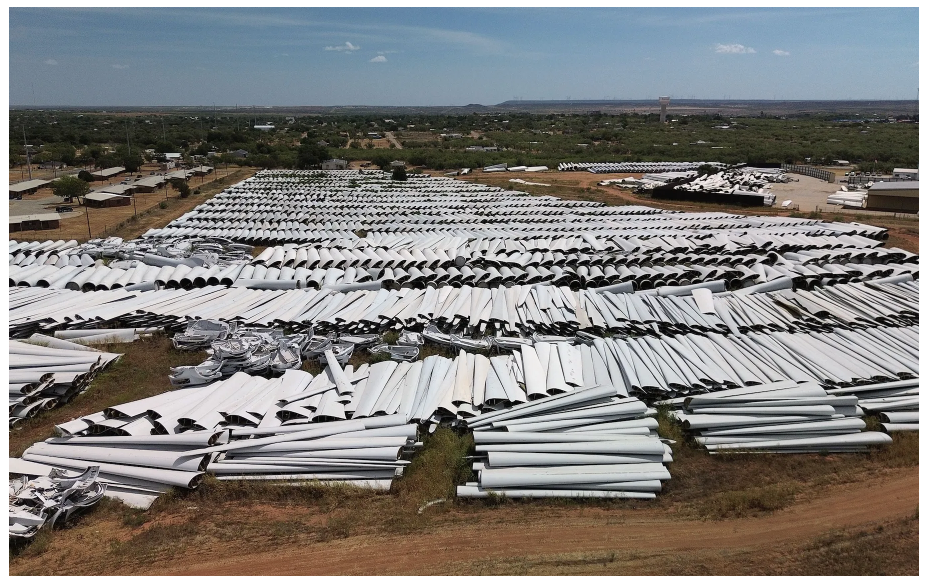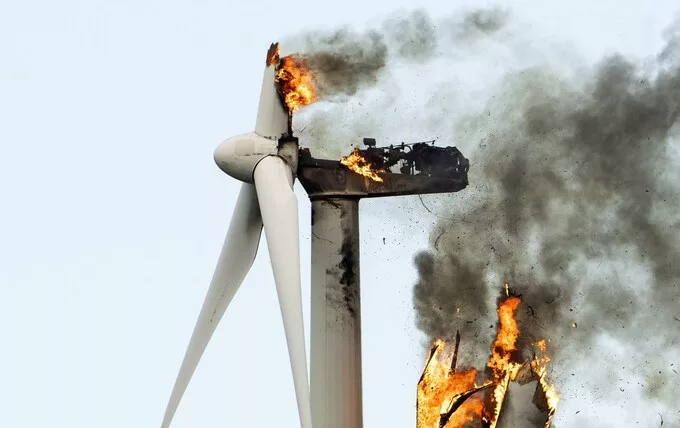There’s a saying among arborists and landscapers that “the best time to plant a tree is 20 years ago.”
As 2024 comes down the pike and hundreds of county commissioners sit for election in rural counties across Kansas, the same idea rings true for people who want to keep massive corporate wind turbine fields from scarring tens of thousands of acres of their pristine countrysides, torpedoing their home values and in some cases even threatening their health.

Because it is those county commission races– some of which have already taken place and some of which are yet to – where your fight to preserve your rural landscape, your financial assets and your harmony with your neighbors will be won or lost. It is from those county commission races where the decisions that will protect or curse your community for the next hundred years will be made, and all those decisions basically come down to one word – zoning.
It can’t be understated – zoning, and county leaders that have the guts to stand up to wind farm developers in favor of their citizens and their rural vistas – are the only thing that can save you when you find your rural community targeted by a wind farm developer.
Following is a step-by-step guide to keeping corporate wind out of your community. It is a list thousands of Kansans and untold tens of thousands of residents of other rural states wish they’d have seen and heeded before it happened to them.

1) Is your county zoned? Whether or not you’ve heard any scuttlebutt about a wind farm coming to your community, call your county clerk right now and ask for a copy of your county’s zoning plan. If your county has one, immediately determine its status – has it been formally adopted by your county commission, or has it just been compiled and stuck in a file cabinet in the courthouse? If it is in force, become familiar with the sections of the document dealing with wind farms. More on this later.
If your county doesn’t have a zoning plan, you may have already gotten screwed – you’ve probably already been assessed by a wind company and targeted because you have no first line of legal defense against them. They will have checked, and they will know your county does not have zoning protection. They will be acting as quickly as possible to sign contingency leases with landowners, promising them the earth, moon and stars, so they can build their own public support early on before you know what’s about to hit you. If you don’t have zoning in your county, pretend it’s a life preserver you’re throwing to a drowning man and start working on a plan right now.
This point can’t be overstated: rural zoning is the ONLY foothold you have to protect yourself against corporate wind. Someone who hasn’t dealt with it has no concept of the political muscle these companies have and the way the laws of Kansas and the federal government are written to their benefit.
2) If you don’t have zoning in your county – get it, and get it NOW. Traditionally lots of rural residents have fought zoning because, frankly, they didn’t want the government telling them what to do on their own land. There are great points to that argument, but understand – if your county doesn’t enact a zoning plan that has restrictions against wind farms, it is only a matter of time before those companies find you. It is easier to amend an existing plan to tighten those restrictions to make your county unattractive to corporate wind than to try to write up a plan from scratch after members of your county have already been brought into the fold with promises of big money turbine site leases.

Immediately organize with like-minded residents and get signatures on a written request to your county commissioners, signed by as many people as possible before your next county commission meeting, requesting the immediate appointment of a county zoning board with the aim of adopting zoning regulations for you county with specific restrictions against corporate wind farms. If possible, get like-minded residents to volunteer to serve on that zoning board and forward the names to the commissioners. Deliver this letter personally to your next county commission meeting with as many people as you can muster to come to the meeting. Don’t email, don’t phone the clerk’s office and leave a message – be there in person, and bring a crowd.

3) Be many, and be straight. This is a critically important aspect of fighting wind farms. At any public meeting you attend – county commission meeting, planning and zoning commission meeting, “informational meeting” sponsored by the power company or wind farm developer – have a HUGE crowd there on your side. Start an email or text chain to connect to compatriots and get word out. There is strength in numbers, and officials pay attention when there’s a standing room only crowd, even when most are on one side of an issue. Be courteous, but be direct. Stay on target –if your object is to appoint a zoning board and start a plan, pull the conversation back to that when it starts to go off the rails (as it most assuredly will). You are not there to debate how bad wind farms are – that’s a topic for a different meeting and a different audience; you are there to get an administrative process rolling aimed at stopping them. From the point in time that a wind project becomes public until you get restrictions enacted, have some members of your group at those commission meetings (in their printed t-shirts or wearing buttons denoting their opposition) even if the topic isn’t on that day’s agenda. You don’t have to say anything, just sit there and listen and make your commissioners aware of your constant presence. Relay any pertinent information back to your organization.
4) Organize, and market your message. If you’re fighting a corporate wind effort that’s all ready underway, your objective is to influence your county leaders to make policy that ruins your community as an option for wind companies and to dissuade landowners from signing contingency leases. This is where your message is important. There are tons of places on the internet to find the ails and failings of wind energy – what you need to do is use that data and your personal connections to influence those around you.
Also, if a wind development is already proposed, urge people to convince commissioners to enact a moratorium for at least a year. Most of these commissioners are well-meaning but they have no idea what they do not know about the long term effects of an industrial wind or solar project, the decommissioning costs, the tension between long time residents, the false promises by developers, etc. They should never think that their due diligence ends with a conversation with a wind company.
Encourage personal conversations between your group and individual landowners. Send letters to the editor of your local and regional newspapers and television stations opposing the corporate wind project. Send out press releases to these media often. Print and distribute flyers and signs for people to stick in their windows, their yards, pastures and on their fences: NO WIND FARMS. Print t-shirts with the same message and wear them to your commission meetings or planning and zoning meetings. Start a Facebook page to post your information. Use your email and text lists to spread the word.
5) About those county commissioners. Hopefully by now you can understand how important your upcoming county commission elections are in view of the threat of corporate wind projects. Who you elect is important. Don’t be shy about asking your candidates where they stand on wind turbine fields and make sure they know where you stand. You are going to need county commissioners who have the guts to stand up and stop corporate wind – find out who they are as the 2024 election year develops, and vote for them. If no candidate gives you confidence on his/her stance on corporate wind, run for office yourself. It’s that important. The filing deadline for election in Kansas is June 1.
Dane Hicks is a graduate of the University of Missouri School of Journalism and the United States Marine Corps Officer Candidate School at Quantico, VA. He is the author of novels "The Skinning Tree" and "A Whisper For Help." As publisher of the Anderson County Review in Garnett, KS., he is a recipient of the Kansas Press Association's Boyd Community Service Award as well as more than 60 awards for excellence in news, editorial and photography.





